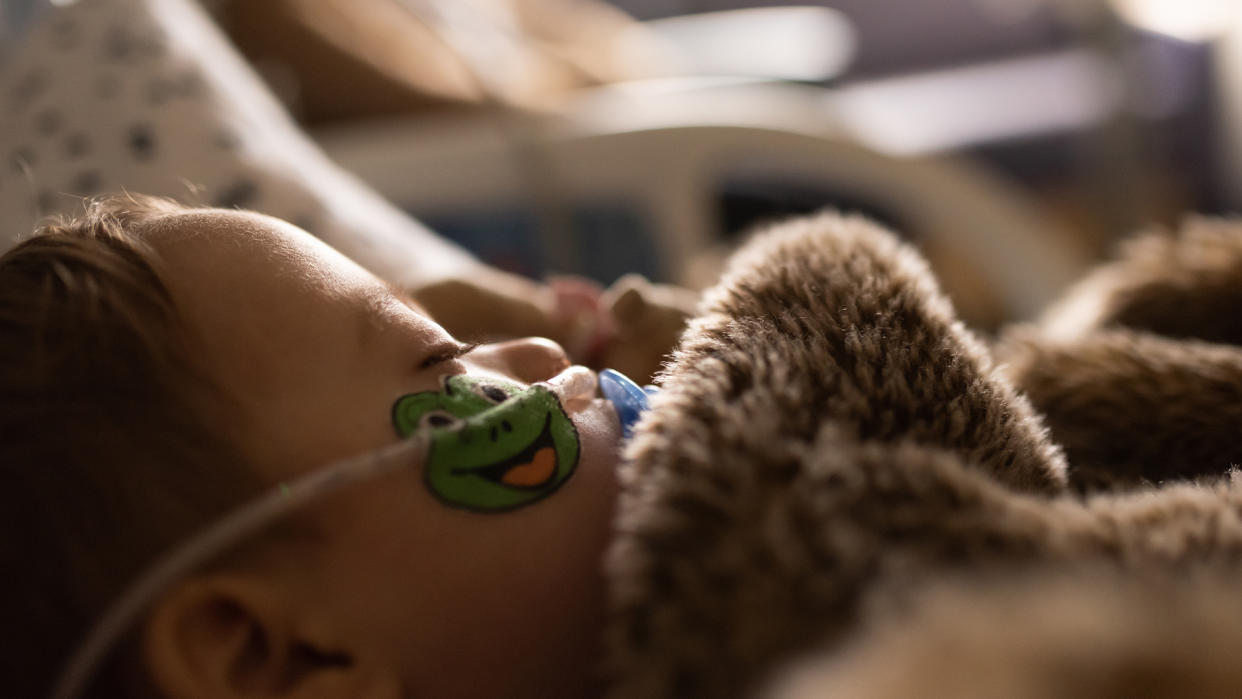RSV spread in the Southeastern US hints that season will soon ramp up nationwide

Respiratory syncytial virus (RSV) infections are on the rise in the Southeastern U.S., which suggests they could rise nationally very soon.
RSV, a common respiratory virus that can cause serious illness in young children and older adults, has been spreading in Florida and Georgia, the Centers for Disease Control and Prevention (CDC) reported in a health alert released Tuesday (Aug. 5).
Since mid-July, Florida has seen increases in the weekly number of positive tests for RSV, beyond what is typical for off-season. Georgia, meanwhile, reported a rising rate of RSV-related hospitalizations in August, particularly among infants.
"Historically, such regional increases have predicted the beginning of RSV season nationally, with increased RSV activity spreading north and west over the following 2–3 months," the CDC cautioned.
In the last few years, public health precautions taken to prevent the spread of COVID-19 also disrupted the typical timing of RSV season, resulting in odd spring and summer surges. But despite this shift in timing, the 2021 and 2022 RSV seasons still started in Florida and the Southeast before spreading nationally, according to the CDC. This year, the RSV season seems to be shifting back toward pre-pandemic trends.
Related: Who should get the new RSV vaccines? Here's everything you need to know
RSV causes mild, common cold-like symptoms in most people, but the virus hospitalizes an estimated 58,000 to 80,000 children under 5 each year, resulting in 100 to 300 deaths in the age group. It also causes 60,000 to 160,000 hospitalizations and 6,000 to 10,000 deaths in adults ages 65 years and older each year. Historically, there were few treatments to prevent RSV and no vaccines — but as of this year, that's changed.
RELATED STORIES
—When should you get a flu shot? What to know for the 2023-2024 flu season
—What does it mean for a disease to be 'endemic'?
—Can moms pass COVID-19 immunity to their newborns?
Infants can now get one of two antibody-based drugs to prevent RSV. One that was just approved — Beyfortus — is a one-shot treatment that has been recommended to all infants younger than 8 months who are just entering or will be born during their first RSV season. Beyfortus is expected to become available in early October, the CDC says.
Older adults can choose from two newly-approved vaccines that prevent severe RSV: Arexvy and Abrysvo. Adults ages 60 and older should talk with a doctor about whether to get one of these one-shot vaccines, the CDC noted.
This article is for informational purposes only, and is not meant to offer medical advice.

